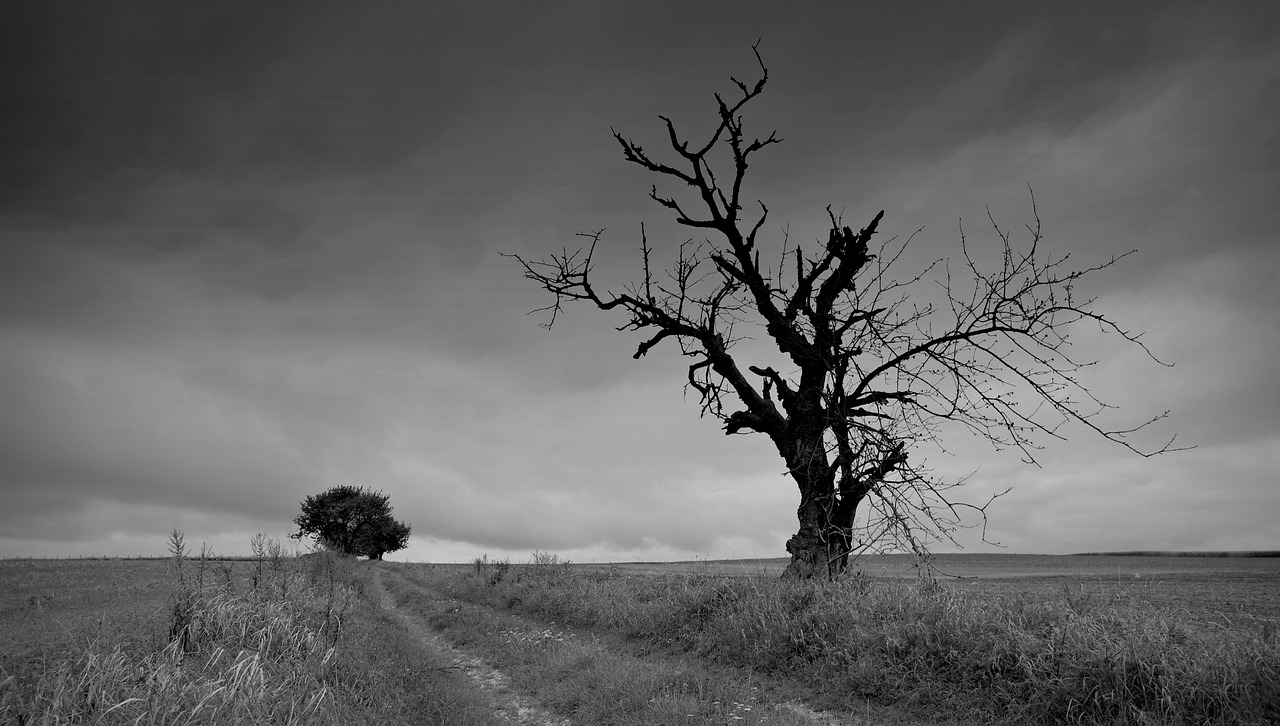Last summer, women felt the impact of Pakistan’s heat wave more then men.
The difference was typical.
The Impact of Global Warming on Women
Pakistan
Where women work in the fields during the day and also as caregivers at home, extreme weather hits them hard. Whether pregnant or menstruating, women pick cotton near Karachi in Pakistan. Paid the same as men, they have less flexibility. Because women have household obligations, migrating to nearby urban areas is less of an option than for their male counterparts.
In addition, responding to the flooding that followed the extreme drought, most women did not know how to swim. Making the reaction to a weather emergency tougher, their clothing constrains movement when it is a sari with many yards of fabric or some other unwieldy garment. In addition, while women work the land, local norms could mean they cannot own it. Among the more than 220,000 casualties in the 2004 Asian Tsunami, 70 percent were women.
Switzerland
Looking to more affluent nations, we can leap to Switzerland and the European Court of Human Rights. Outside the Court, waving flowers and ringing cowbells, a crowd of women from the Association of Swiss Senior Women for Climate Protection had gathered last March. They were there to display their support for a case that the Court was hearing after it was dismissed by two Swiss courts. They claim that Switzerland’s inadequate response to global warming violates their human rights. More precisely, the suit claims that heat waves tend to kill more older people.
During a six-year battle, the Swiss government, saying it was an overreach, won the first two cases. And now eight other governments have joined them. But still, Reuters tells us that the grannies could lead the way for a slew of climate cases. Their goal is to expedite Swiss emissions reduction.
These ladies demonstrated:
Our Bottom Line: Inequality
Disasters tends to exacerbate existing inequalities. As a result, whether it is drought or flooding or an extreme weather event, women with more household obligations have less flexibility. Even among the more affluent, older individuals are affected more severely.
The Economist said it perfectly:
Women and girls “… face greater hurdles to climate adaptation, significant economic repercussions, increased unpaid care and domestic work, and a higher risk of violence due to the crisis’s compounding impacts…. Underlying gender disparities—whether in access to education, information, mobility, resources, training or health care—also make women less likely to survive disasters.”
So, where are we? Whether in Pakistan or Switzerland, global warming affects less advantaged groups more severely.
My sources and more: Yesterday, listening to the BBC’s Climate Question, and then reading The Economist, I learned about climate’s gender inequality. From there, reading a bit more, I “met” the Swiss Grannies. Then, for the Asian tsunami, this paper detailed the impact on women. And finally, do return to our evacuation blog on the Swiss mountain village.







